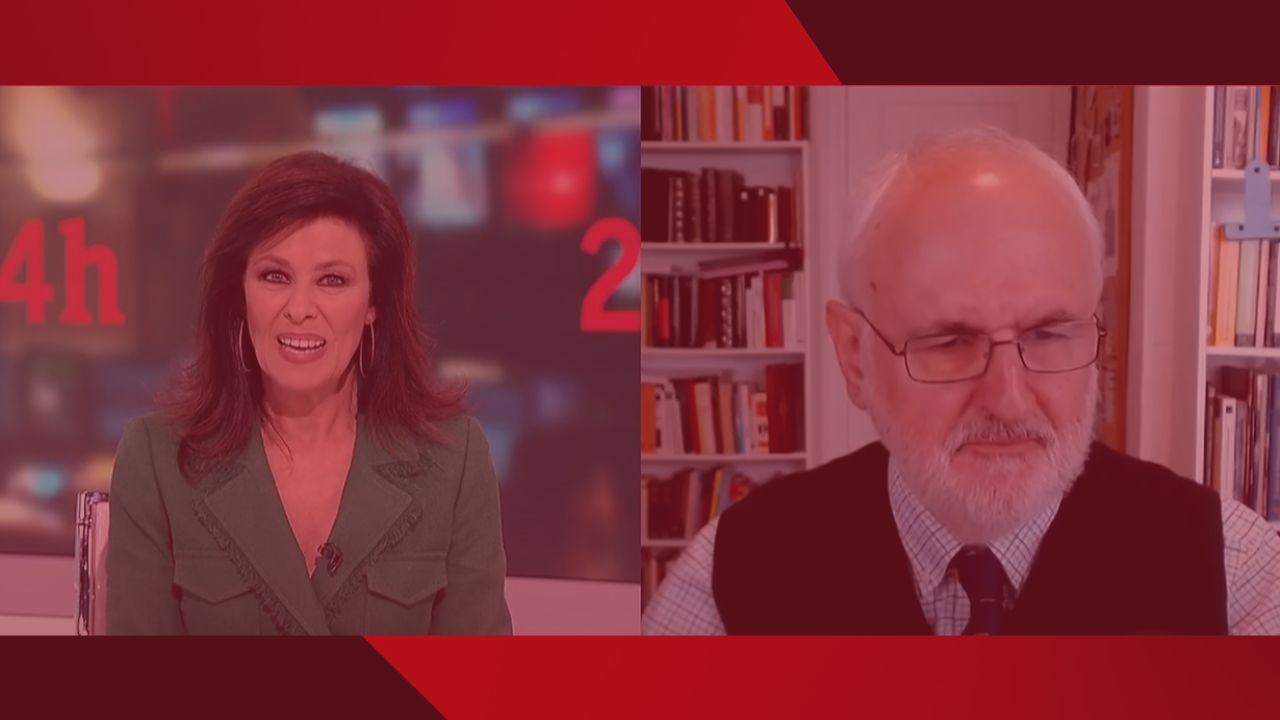News of George Floyd’s murder has rippled through global media, and Black Lives Matter (BLM) protests have erupted in response. Their objective was seemingly clear: Achieve justice for George Floyd against his killer. The BLM protestors also demanded an end to several police practices that are statistically shown to disproportionately affect minorities. Representatives in both houses of Congress have introduced important civil rights legislation to correct many of these longstanding problems. So, what does any of this have to do with Christopher Columbus or Fray Junípero Serra? Their statues are being torn down, even though they have no direct relationship to any of these issues. The answer can only be found in the ether of modern progressive thought and views on the history of the United States.
With publications like the 1619 Project and other attempts by historians to provide a modern criticism of the history of the United States, many are looking to Spain’s embattled history in the country. Modern-day characterizations of Spanish colonialism appear to not have changed much from narratives espoused by contemporary Protestant rivals and the French philosophes of the Enlightenment who portrayed the Spanish as superstitious barbarians who slaughtered the natives in the name of religious fervor (all being part and parcel with anti-Catholic polemic). This narrative has extended to modern-day interpretations of history that contribute to a grim view of Spanish influence on American history. This is in part thanks to what Northwestern scholar Darío Fernández-Morera called in the introduction to his book The Myth of the Andalusian Paradise as a “culture of forgetting,” where the modern academy is more inclined to sell a particular view of Spanish history that is convenient to the ideological persuasions of the times. If this revisionist history can extend to medieval Spanish studies as the work of Fernández-Morera suggests, then it would most certainly extend to the leyenda negra of the Conquest.
As statues are torn down across the United States in the name of destroying the apparently pervasive white supremacy in American society, many Hispanic-Americans still have mixed feelings towards Columbus and Spain. As scholars seem to be discovering more about Spanish history, we are learning that the answers we seek are far more complicated than we want them to be. For many who openly support tearing down these statues, this is irrelevant. To be fair, narratives of European oppression over the people they enslaved are not entirely ahistorical, and, in fact, do represent some of the realities that many people faced throughout colonial history. However, with the consolidation of postmodern thought in the academy (especially in the field of history), we are now being pressured to construct particular historical narratives that force Hispanic-Americans to collectively renounce their ties to Spain in favor of indigenism, the political ideology of emphasizing the relationship between this narrative and the construction of modern-day policymaking. Spanish media seems to have picked up on this revisionist hispanophobia, as have some organizations in the United States.
The tearing down of the statue of Fray Junípero Serra was the latest development in the saga of historical authoritarianism. The founder of San Diego and several other Spanish missions in the United States, Serra was a champion of native rights in present-day California and contributed greatly to their education and economic development. Even more radically, Fray Serra helped envision a society where all members under the Spanish realm could enjoy the fruits of what mattered to him the most, his Catholic faith. When Pope Francis canonized him in Washington D.C. during his 2015 visit to the United States, he understood that Fray Serra’s contributions to the collective conscience of the dignity of the native peoples of the Americas were pivotal for the time. Nevertheless, mobs chose to tear down the statue to his memory.
Historical analysis ought to be based on notions of the search for objective truth. This article ought not to be used as a rallying cry for those who romanticize Spanish history, nor is it meant for those who seek to tear it down piece by piece until the Spanish people and their compatriots in Latin America and the United States can no longer be proud of what once united them. We should seek to understand history as we learn more about it and come to realize that it is more nuanced than we think. I hope that Spaniards and Latin Americans across the world can continue to celebrate Día de la Raza (Day of the Race) to commemorate the moment when they all became one.






